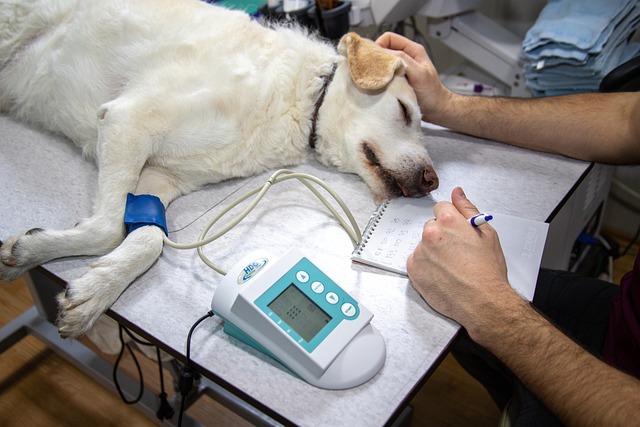
Companion Dogs
Understanding Companion Dogs
Companion dogs serve a unique role in the lives of many individuals. Unlike service dogs, which are trained to perform specific tasks for people with disabilities, companion dogs primarily provide emotional support and companionship. They are often regarded as family members and play a significant role in enhancing the quality of life for their owners.
The Role of Companion Dogs
Companion dogs are not just pets; they fulfill various emotional and psychological needs. Here are some key roles they play:
- Emotional Support: These dogs help alleviate feelings of loneliness and anxiety. Their presence can provide comfort during difficult times.
- Social Interaction: Having a dog can encourage socialization. Dog owners often engage with others during walks or at dog parks, fostering community connections.
- Routine and Structure: Caring for a dog instills a sense of responsibility and routine, which can be beneficial for mental health.
- Physical Activity: Companion dogs require regular exercise, which encourages their owners to stay active and healthy.
Benefits of Having a Companion Dog
The benefits of having a companion dog extend beyond emotional support. Research indicates that owning a dog can lead to numerous physical and mental health advantages:
- Reduced Stress: Interacting with dogs has been shown to lower cortisol levels, a hormone associated with stress.
- Improved Mood: The companionship of a dog can lead to increased levels of serotonin and dopamine, neurotransmitters that contribute to feelings of happiness.
- Lower Blood Pressure: Studies suggest that petting a dog can lead to lower blood pressure and heart rates.
- Enhanced Longevity: Some studies indicate that dog owners may live longer due to the physical and emotional benefits associated with pet ownership.
Choosing the Right Companion Dog
Selecting a companion dog involves considering various factors to ensure a good match for both the dog and the owner. Here are some tips:
- Assess Your Lifestyle: Consider your daily routine, living situation, and activity level. Some breeds require more exercise and attention than others.
- Research Breeds: Different breeds have distinct temperaments and care needs. Researching breeds can help find one that aligns with your lifestyle.
- Consider Adoption: Many shelters and rescue organizations have dogs in need of homes. Adoption can be a fulfilling option that also provides a dog with a second chance.
- Meet the Dog: Before making a decision, spend time with the dog to see if there is a connection. Compatibility is crucial for a successful relationship.
Training and Socialization
Training is essential for companion dogs to ensure they are well-behaved and can adapt to their owner's lifestyle. Basic obedience training, socialization with other dogs and people, and exposure to various environments are critical components of a well-rounded companion dog. Positive reinforcement methods are often the most effective and humane way to train dogs.
Conclusion
Companion dogs offer invaluable support and companionship to their owners. Understanding their role, benefits, and the importance of proper training can help individuals make informed decisions about bringing a dog into their lives. Whether through reducing stress, encouraging physical activity, or simply providing companionship, these dogs have a profound impact on their owners' well-being.

















 Goat Breeds With Horns
Goat Breeds With Horns 
 Health
Health  Fitness
Fitness  Lifestyle
Lifestyle  Tech
Tech  Travel
Travel  Food
Food  Education
Education  Parenting
Parenting  Career & Work
Career & Work  Hobbies
Hobbies  Wellness
Wellness  Beauty
Beauty  Cars
Cars  Art
Art  Science
Science  Culture
Culture  Books
Books  Music
Music  Movies
Movies  Gaming
Gaming  Sports
Sports  Nature
Nature  Home & Garden
Home & Garden  Business & Finance
Business & Finance  Relationships
Relationships  Pets
Pets  Shopping
Shopping  Mindset & Inspiration
Mindset & Inspiration  Environment
Environment  Gadgets
Gadgets  Politics
Politics 